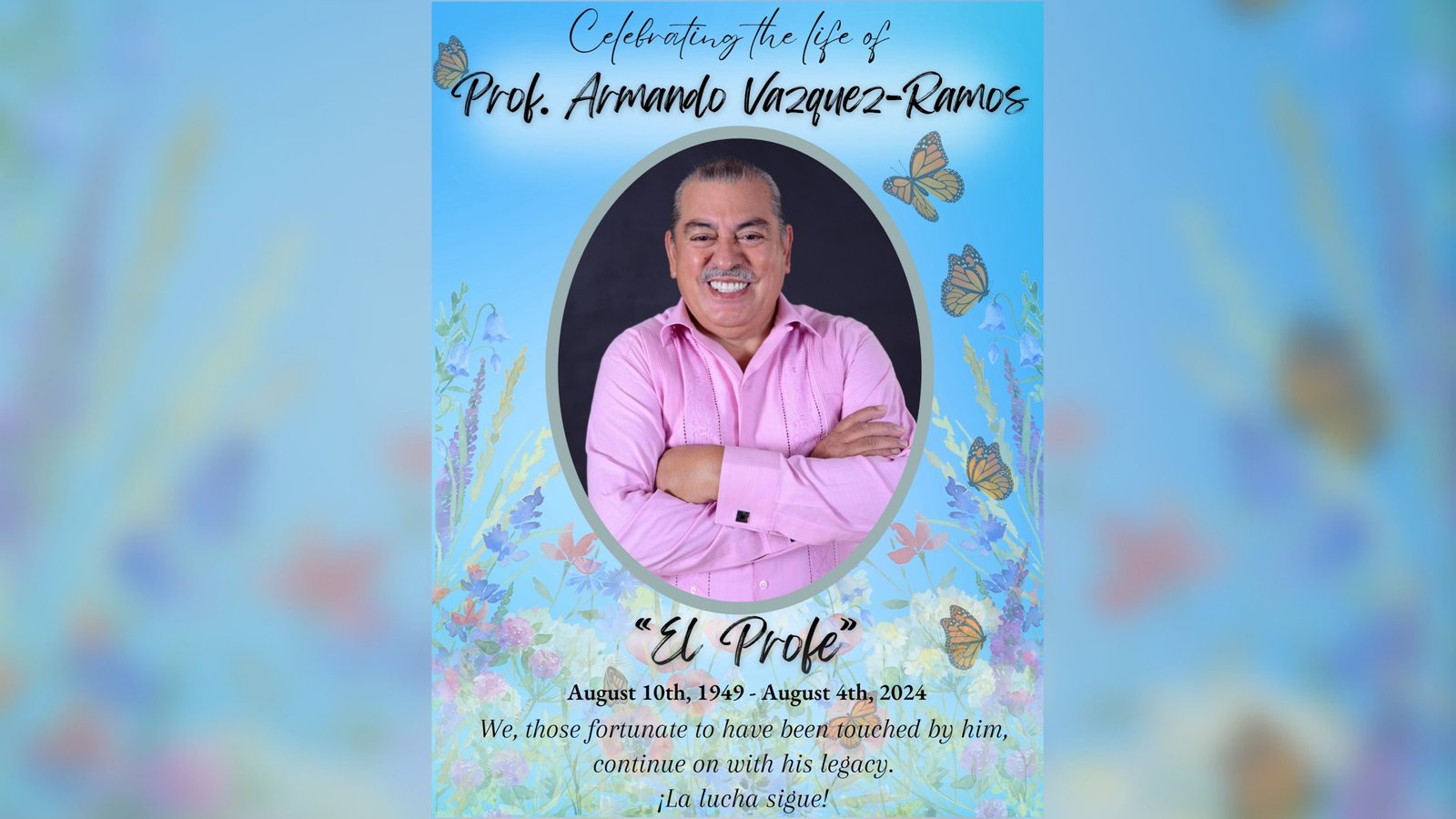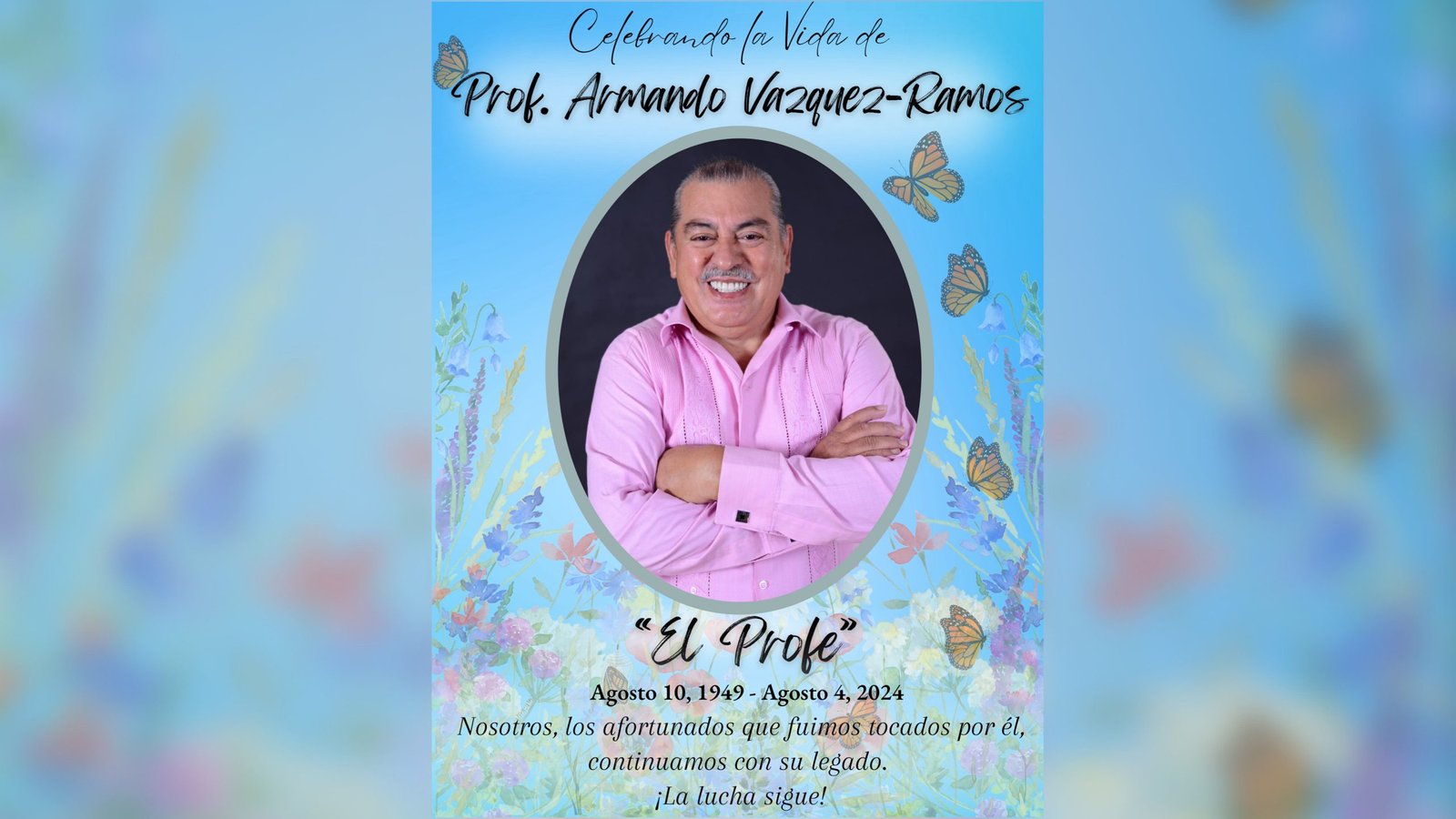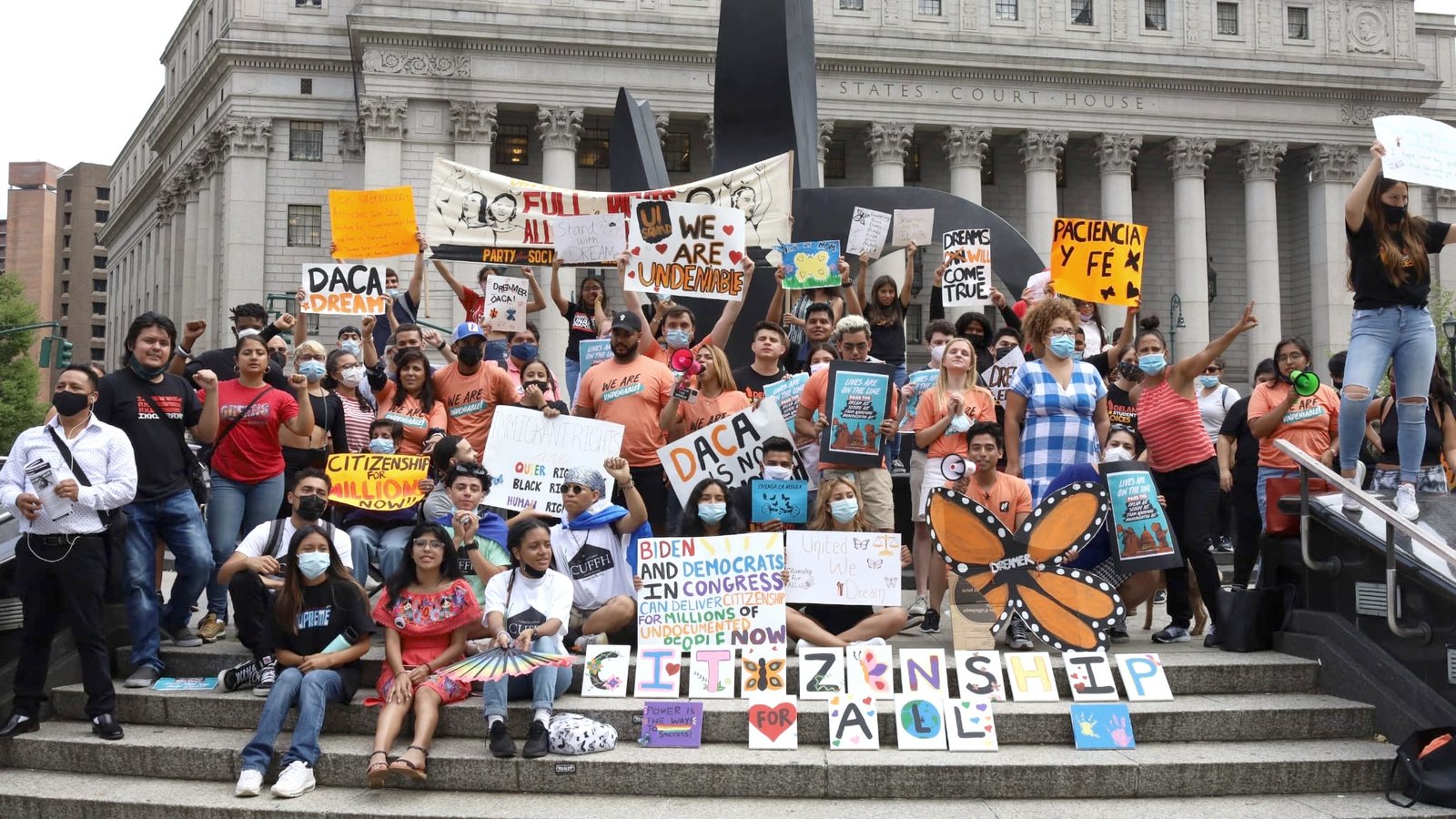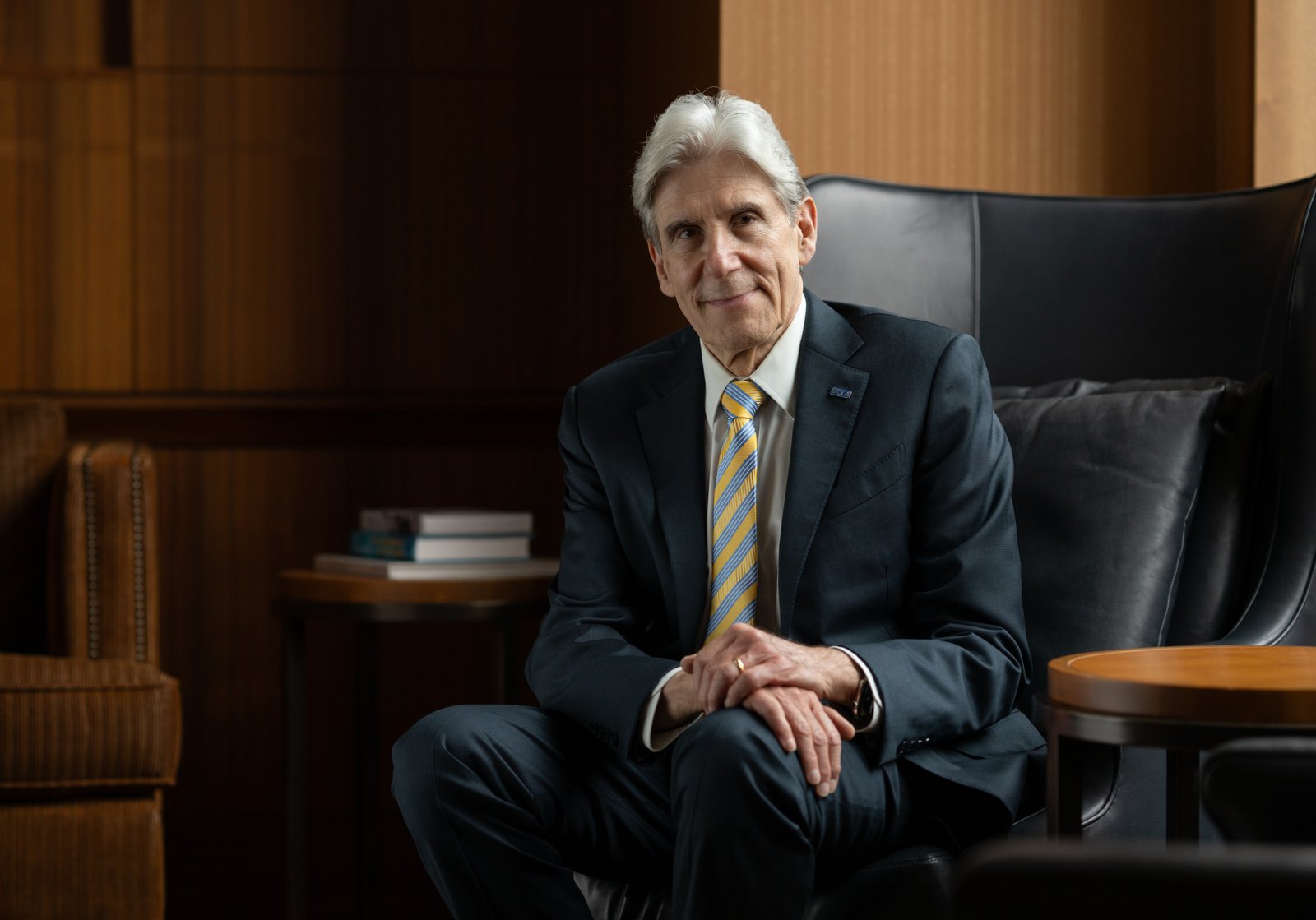➩➩ Featured our latest newsletter: http://conta.cc/2tGaIit
By: Katherine Mangan, The Chronicle of Higher Education ~ June 16, 2017
The Trump administration’s decision this week not to immediately end a program that lets young undocumented immigrants remain in the United States on two-year renewable terms was cautiously welcomed by so-called Dreamers who still worry about their long-term status.
The Department of Homeland Security released the decision on Thursday, the fifth anniversary of the Deferred Action for Childhood Arrivals program.
DACA recipients “will continue to be eligible” to renew their status every two years, and “no work permits will be terminated prior to their current expiration dates,” according to a fact sheet posted on the department’s website.
The program’s long-term outlook, though, is unclear, with some news reports suggesting the administration continues to give mixed signals about its fate.
About 800,000 people have benefited from DACA, which allows certain young people who were brought to the United States illegally as children to get driver’s licenses, Social Security cards, and more-affordable access to college.
Jose Rivas, a 27-year-old graduate student in counseling at the University of Wyoming who has DACA protections, said the announcement was a “huge relief” because he plans to leave on a monthlong educational trip to Mexico in late July with the California-Mexico Dreamers Study Abroad Program.
Dreamers can study abroad and return lawfully if they receive “Advance Parole” from the United States Citizenship and Immigration Services (USCIS). But if DACA is ended, the status that allows them back into the United States might expire as well, immigration experts have warned.
“I was worried that President Trump was going to drop DACA while I was in Mexico and that I might not be able to return,” Mr. Rivas said.
While he’s relieved about DACA, he wishes his parents, both undocumented immigrants, could have that peace of mind too.
But Thursday’s decision said that another Obama-era program, the Deferred Action for Parents of Americans, will be formally ended. That program, known as DAPA, would have allowed immigrant parents of U.S. citizens, as well as permanent-resident children, to remain in the United States for the time being. But it was blocked in the courts before it was carried out.
‘Some Grounds for Relief’
The decision to continue DACA, at least for now, will alleviate much of the uncertainty afflicting Dreamers about their status, said Michael A. Olivas, a professor at the University of Houston and national expert on immigration law and higher-education law.
But he said it was still a stopgap measure that offered them no path to legal permanent residence. That, Mr. Olivas said, will require comprehensive immigration reform.
“DACA has always been a modest though generous holding ground for these students, who are still at risk and who still have no pathway to become legal permanent residents.”
“DACA has always been a modest though generous holding ground for these students, who are still at risk and who still have no pathway to become legal permanent residents,” he said.
By continuing DACA and dropping DAPA, “we will have intrafamily gaps that are even more pronounced,” as more young people are protected and their parents and siblings more at risk of deportation, Mr. Olivas said.
“The bottom line for me is that it does preserve DACA, and I hope students will continue applying or reapplying,” and not just protesting in the streets, which, he said, makes them and their families more vulnerable to deportation.
______________________________________________________________________________
5º Aniversario de DACA ~ Cierre de Edición
|
El Prof. Armando Vazquez-Ramos habla sobre los 5 años de DACA en el Noticiero Cierre de Edición de Estrella TV.
|
➩➩ Read more on our latest newsletter: http://conta.cc/2tGaIit





